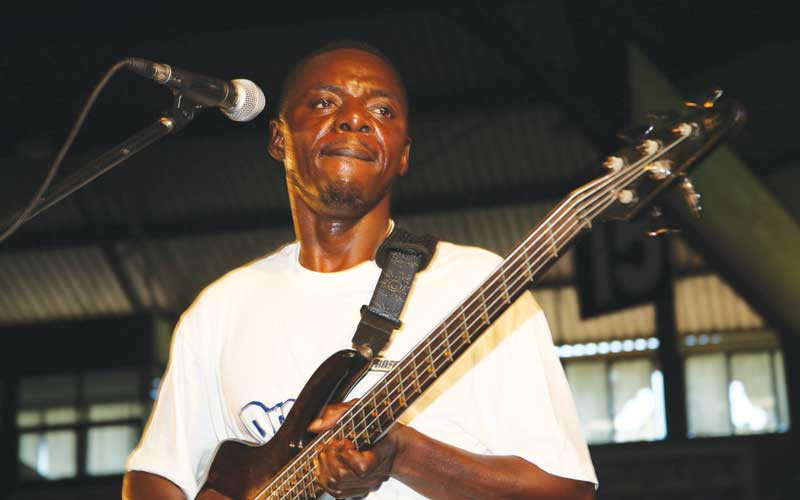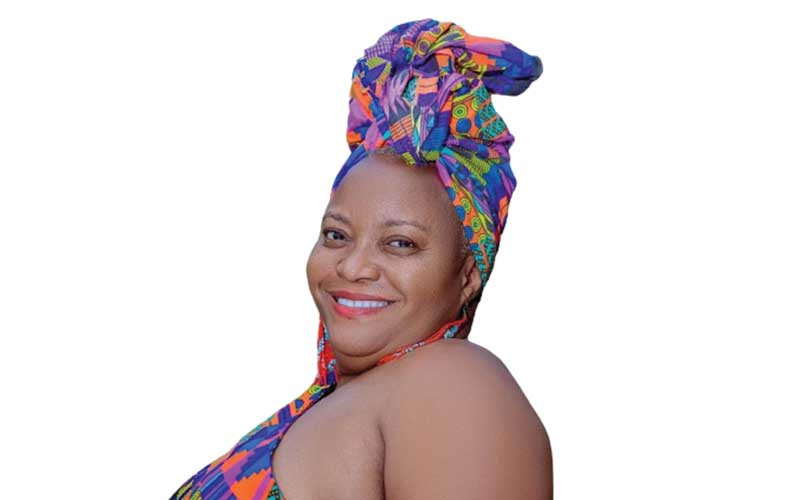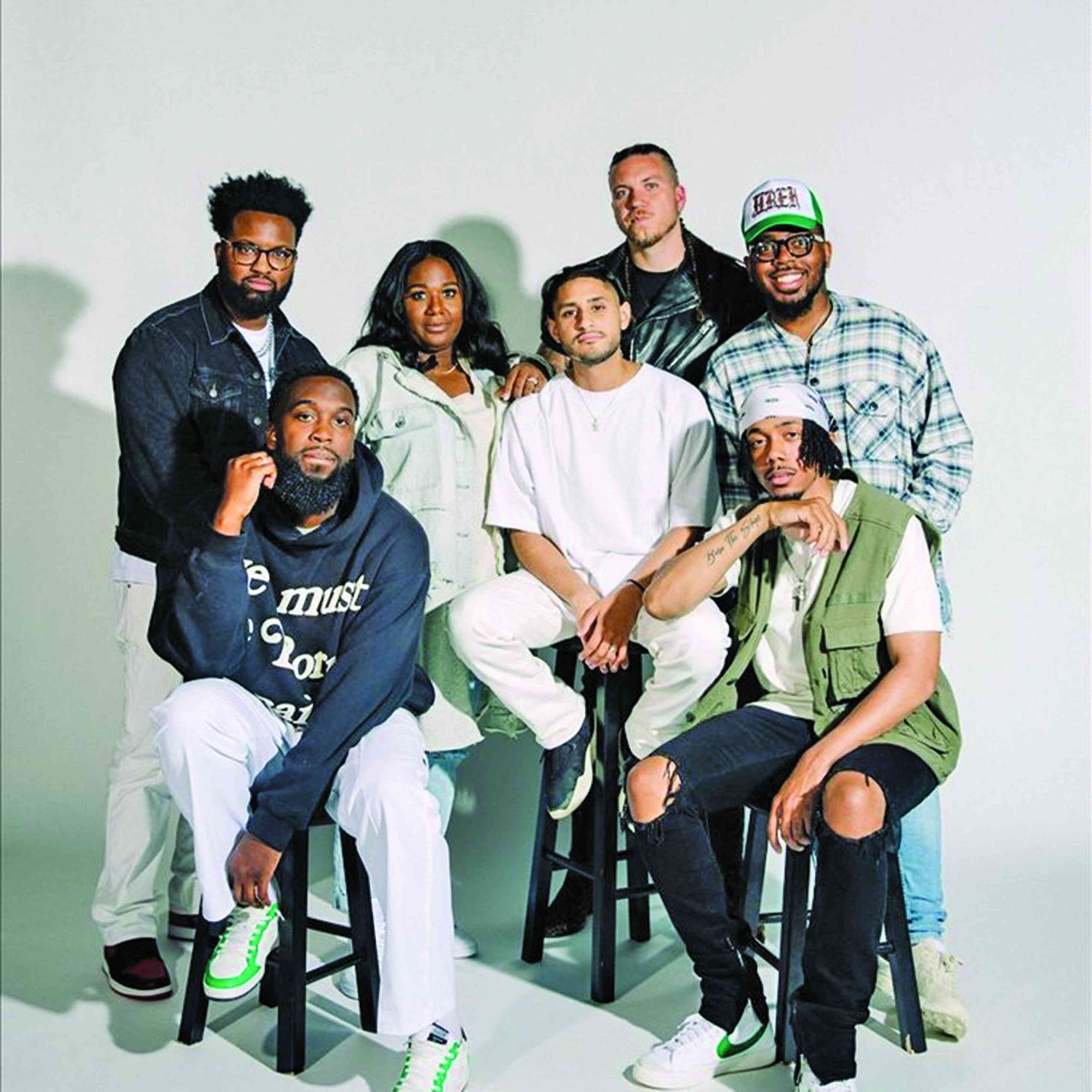

Sneak Peek: Phillip Chidavaenzi
Tariro Dorcas Matibiri (TM) is an intellectual property consultant, lawyer, author and co-founder of teamSpiration. She is currently based in Doha, Qatar. She speaks to NewsDay Features & Lifestyle editor Phillip Chidavaenzi (ND) on issues around writing and intellectual property. Below are excerpts of the interview.
ND: Do you think Zimbabwean writers really understand issues around intellectual property?
TM: When it comes to intellectual property on a larger scale (patents, industrial designs, trademarks, geographical indications and plant varieties), there is a need for more awareness. But as far as copyright is concerned, I think every writer understands it to a degree.
ND: Why is it important for writers to understand this piece of legislation?
TM: Copyright can help protect profits from their work and can prevent others from stealing the work to make a profit. If the creator has copyrighted a work, then the creator can prosecute anyone who uses the material without permission.
ND: What’s the incentive to that?
TM: Having the assurance that a work is protected encourages developers and publishers to create more works.
- Chamisa under fire over US$120K donation
- Mavhunga puts DeMbare into Chibuku quarterfinals
- Pension funds bet on Cabora Bassa oilfields
- Councils defy govt fire tender directive
Keep Reading
ND: But we see violations on a grand scale, with pirated books routinely illegally, sold on the streets. What does it take to deal with this problem? What role can the writer play?
TM: It will take collaboration of all the parties involved: the creative industry, the public, the government and the police. We need to stop seeing piracy as a minor misdemeanour and start seeing it as more than a victimless crime.
ND: At what point does copyright law kick in? Do I have to register my work somewhere? Or is it automatic?
TM: Copyright is automatic from the moment of creation of a work. Formal registration is required in other countries.
Although in Zimbabwe copyright is automatic from the moment of creation, for the enforcement of the copyright, formal registration is required in the Zimbabwe Intellectual Property Office (ZIPO) or the African Regional Intellectual Property Organisation (ARIPO).
ND: Many authors distribute their books in soft copy form like protected document format (PDF). What are the implications?
TM: Digital technology means people can now distribute copyright content easily and cheaply when they have no right to do so. Further, that content, because of the quality of the reproduction, competes directly with legitimate content compared to traditional means of copying. In the end, you also lose out on money due to you as an author.
ND: And this also feeds into the problem of piracy?
TM: A lot of people tend to share PDF versions of books that they do not have a right to share, adding to the piracy problems we are already facing.
Piracy has evolved beyond physical duplication and sharing because of the digital age we now live in.
The next time you share PDF work without permission, think of the harm you are causing the author and the creative industry as a whole.
ND: A local writer once had an altercation with some pirates after trying to confiscate copies of his books sold illegally on the streets. Would you encourage creators to do that? What recourse do they have in the face of police inaction?
TM: If we don’t stand up for our own work, what message does that send to the public? Sadly, we live in a country where issues of intellectual property are still a work in progress.
My advice in cases of police inaction is: if it’s a case worth pursuing and you have nothing to lose, go for it.
But if the perpetrator has nothing to lose and will not be punished, your energy will be better spent finding better ways to protect your next work.
ND: How do other countries deal with issues of protecting intellectual property and what lessons can we learn from them?
TM: In Nigeria, MTN Nigeria Limited was slammed with a N112,5 billion ($312,9 million) lawsuit over copyright infringement in 2018 by comedian Femi Edwards.
In South Africa, their copyright cases highlight that copyright is often overlooked or misunderstood.
ND: Why is that so?
TM: This may be put down to the fact that copyright is an unregistered right and therefore it’s not something that can easily be checked.
In America, Grumpy Cat, the Internet favourite feline whose photos have been widely used in memes, was awarded USD710 000 in a copyright infringement lawsuit against Grenade beverage.
In China, French winemaker Chateau Lafite Rothschild won a recent court case concerning trademark infringement of its signature Lafite brand.
The defendants were ordered to stop their trademark infringement and pay Chateau Lafite Rothschild USD$316 200 in damages as well as expenses.
ND: And what are the lessons from these cases?
TM: We should stop looking at copyright as a minor misdemeanour and emphasize the importance of registration in cases of legal disputes.
ND: Some writers have resorted to putting security features on their books. Do you think this is effective?
TM: Sadly, there is no such thing as 100% foolproof protection when it comes to digital goods.
Even large companies like Microsoft are still trying to find a solid solution for this.
Until such a solution is found, anti-theft e-book software can be effective to a certain degree.
ND: What would you suggest creatives do, in the Zimbabwean context, to curb piracy?
TM: In addition to the policies in place, they should do their best to join forces with those working towards awareness of piracy. They can’t do it alone.
And it would also help if most of the judiciary members had more knowledge regarding copyright matters so as to deal with them accordingly in court.
We need to stop treating copyright infringement as a minor charge and make people accountable for their actions on a larger scale.
ND: A very common question is: What exactly is copyrighted? Is it an idea? If so, can anyone have monopoly over ideas?
TM: Copyright and intellectual property as a whole, do not protect ideas. What is protected is the physical expression of that idea.
If you have an idea to tell a story about three children who study magic at a famous school of witchcraft, that idea is not protected.
What is protected is your physical expression of that idea: a sculpture, a book or a painting.
ND: You write consistently on social media about motivation and inspiration, and you have also featured in multi-authored anthologies. Are there any chances that we might see a book from you in the near future?
TM: Definitely. I owe it to my purpose.











